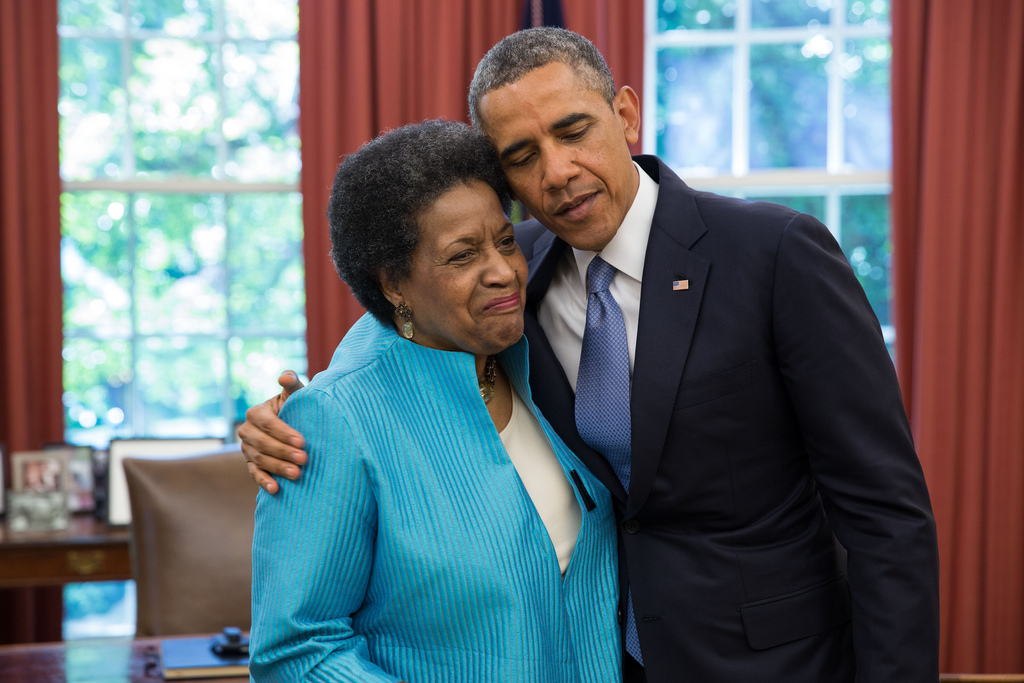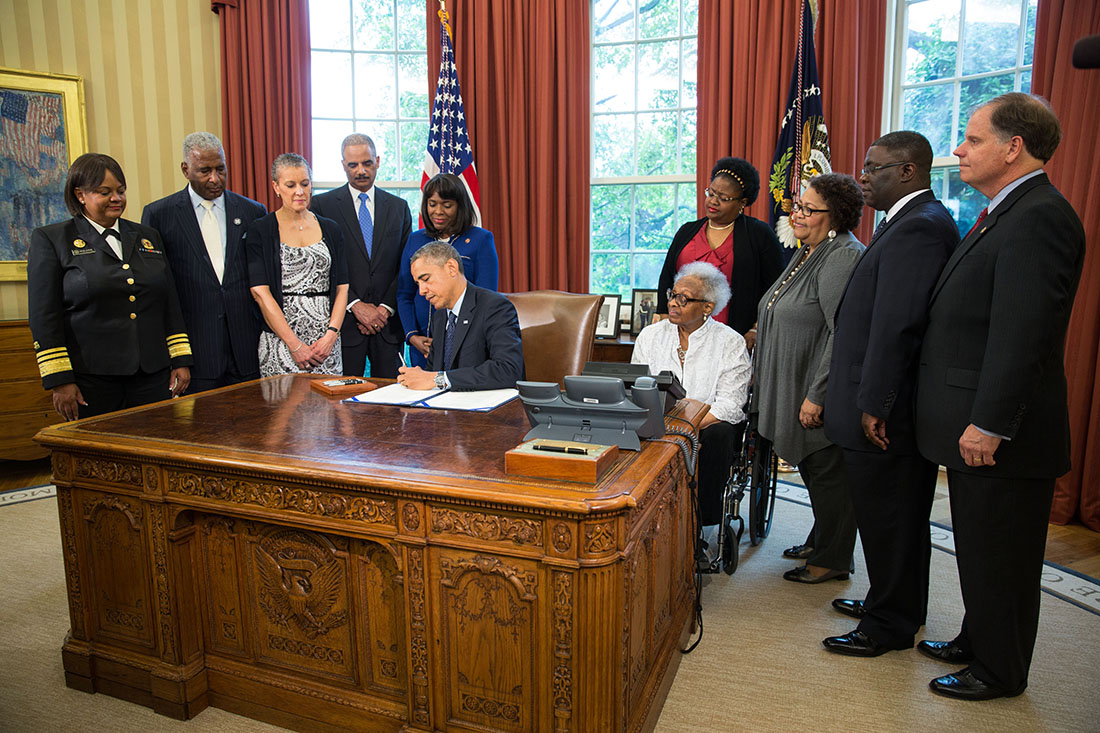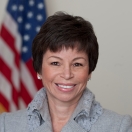
Fifty years ago, America was in the midst of the Civil Rights Movement. Countless men and women demonstrated, protested, sacrificed, and bled for their right to be treated equally. In the last two weeks, we remembered a few of these heroes at the White House.
Visit with Myrlie Evers-Williams, widow of Medgar Evers
Today, President Obama visited with Myrlie Evers-Williams, a civil rights heroine and widow of Medgar Evers, and other members of the Evers family, to commemorate Medgar Evers’ life and contribution to the Civil Rights Movement. President Obama said during the visit that Medgar Evers was a warrior for justice, and the tragedy of his death turned into a rallying cry for a movement.
Fifty years ago, on June 12, 1963, Medgar Evers was shot and killed in front of his home in Jackson, Mississippi.
After serving in World War II, Evers returned to Mississippi and dedicated his life to the pursuit of civil rights and equality in the South. He became the NAACP’s first Field Secretary for Mississippi, where he organized boycotts of businesses that denied basic services to African Americans, and he fought for school integration. The murder of Medgar Evers, and resulting trial, inspired civil rights protests across the nation. Evers is buried in Arlington National Cemetery and, after more than 30 years, his killer was finally brought to justice in 1994.
Congressional Gold Medal honors four girls killed in 16th Street Baptist Church Bombing
On May 24, President Obama met with family members of the four girls that were killed in the 16th Street Baptist Church bombing in Birmingham, Alabama.
The family members stood by President Obama as he signed a bill that posthumously designated the Congressional Gold Medal in honor of Addie Mae Collins, Denise McNair, Carole Robertson, and Cynthia Wesley, who also lost their lives 50 years ago, in the bombing on September 15, 1963.
They were joined by Reverend Arthur Price, Jr., Pastor of the 16th Street Baptist Church, and Gordon Douglas Jones, Former U.S. Attorney, who led the team of prosecutors and investigators in the re-opened case against the perpetrators, as well as bill sponsor Representative Terri Sewell, Attorney General Eric Holder and Dr. Regina Benjamin, U.S. Surgeon General.
The race-fueled bombing occurred less than a month after Martin Luther King Jr. gave his “I Have a Dream” speech on the steps of the Lincoln Monument during the March on Washington. The tragedy heightened tensions, shocked the nation, and generated support for the ultimate passage of the Civil Rights Act of 1964.
President Obama remembered the 16th Street Baptist Church bombing during last year’s groundbreaking ceremony of the National Museum of African-American History and Culture.
President Obama said, “I want my daughters to see the shackles that bound slaves on their voyage across the ocean and the shards of glass that flew from the 16th Street Baptist church, and understand that injustice and evil exist in the world. But I also want them to hear Louis Armstrong’s horn and learn about the Negro League and read the poems of Phyllis Wheatley. And I want them to appreciate this museum not just as a record of tragedy, but as a celebration of life.”
From these four girls, to Medgar Evers, to Rosa Parks, to Reverend Martin Luther King, Jr., to the Memphis sanitation workers and countless unsung heroes, we are grateful for the sacrifices of so many who sought a more just, more free, and more hopeful country. They built the foundations of a more equal America, and we continue to work to achieve that vision.




